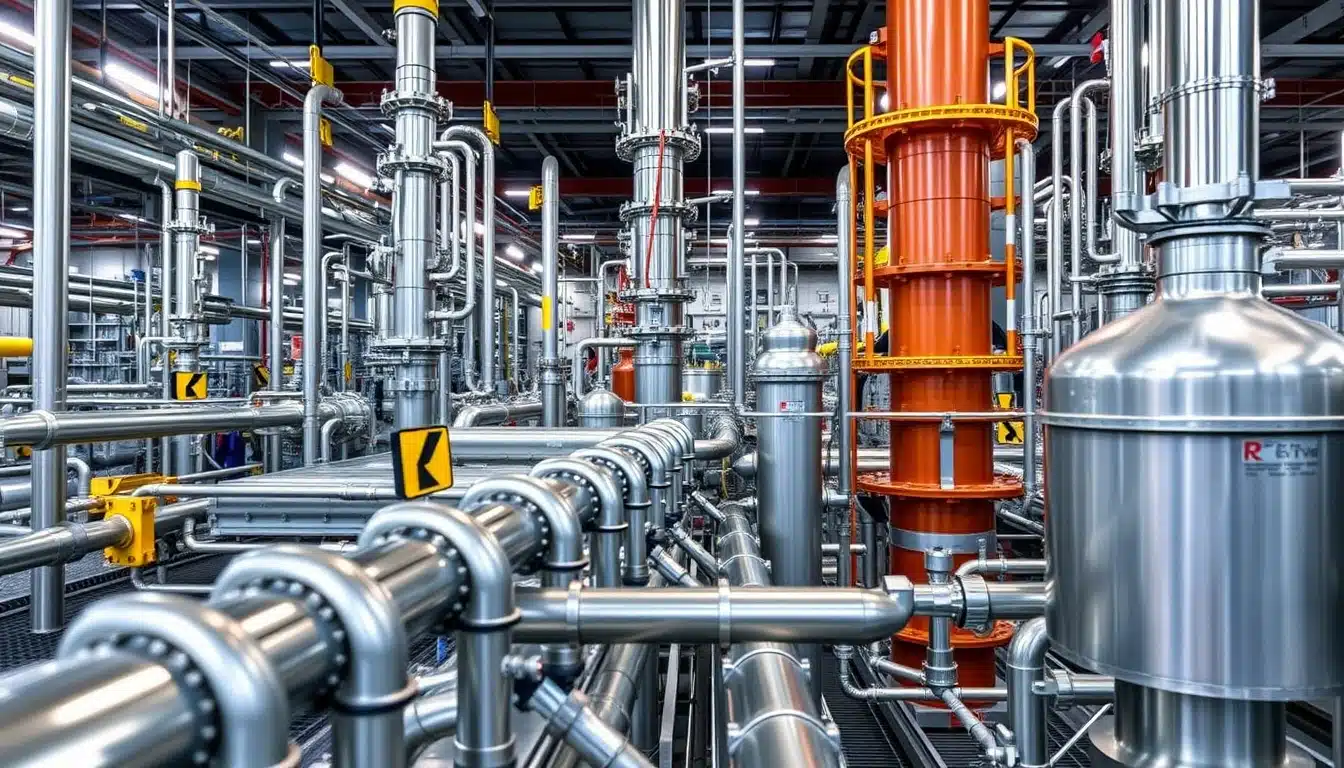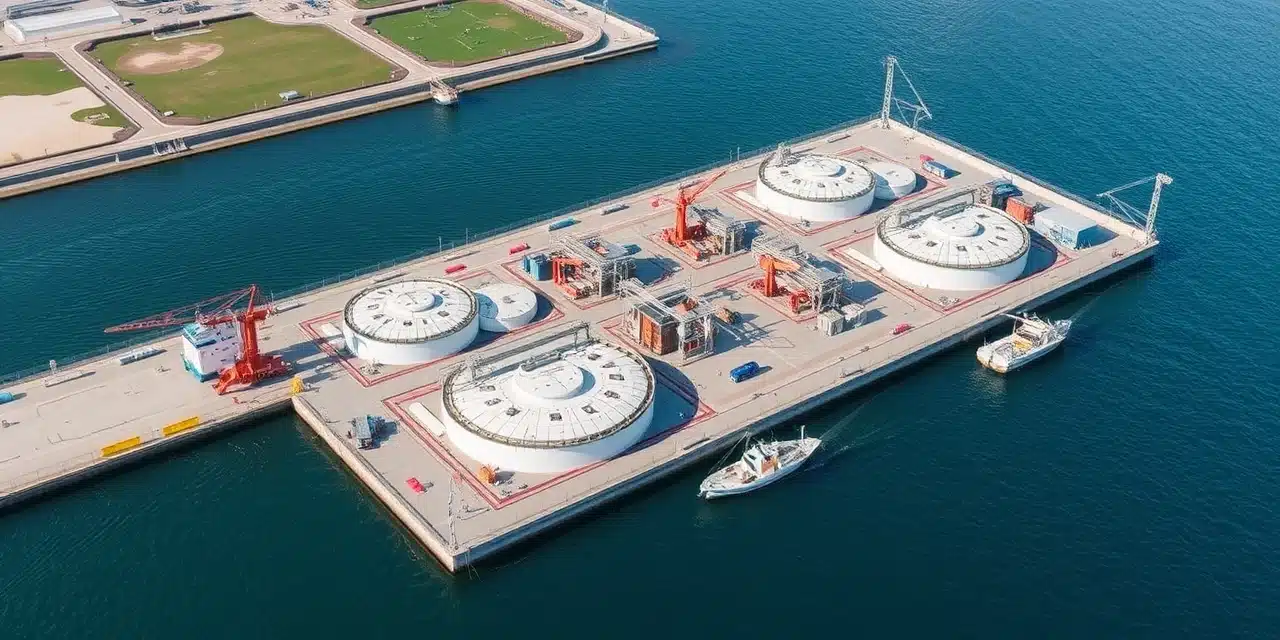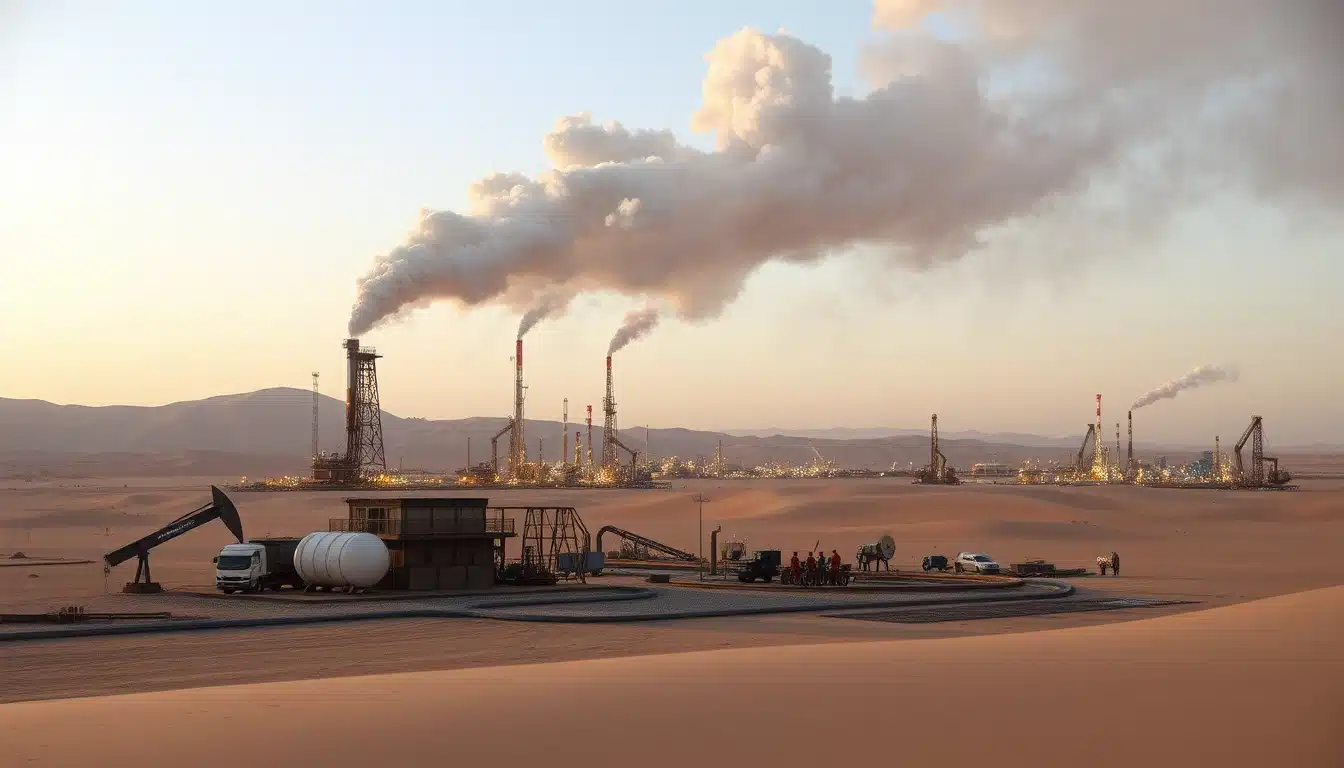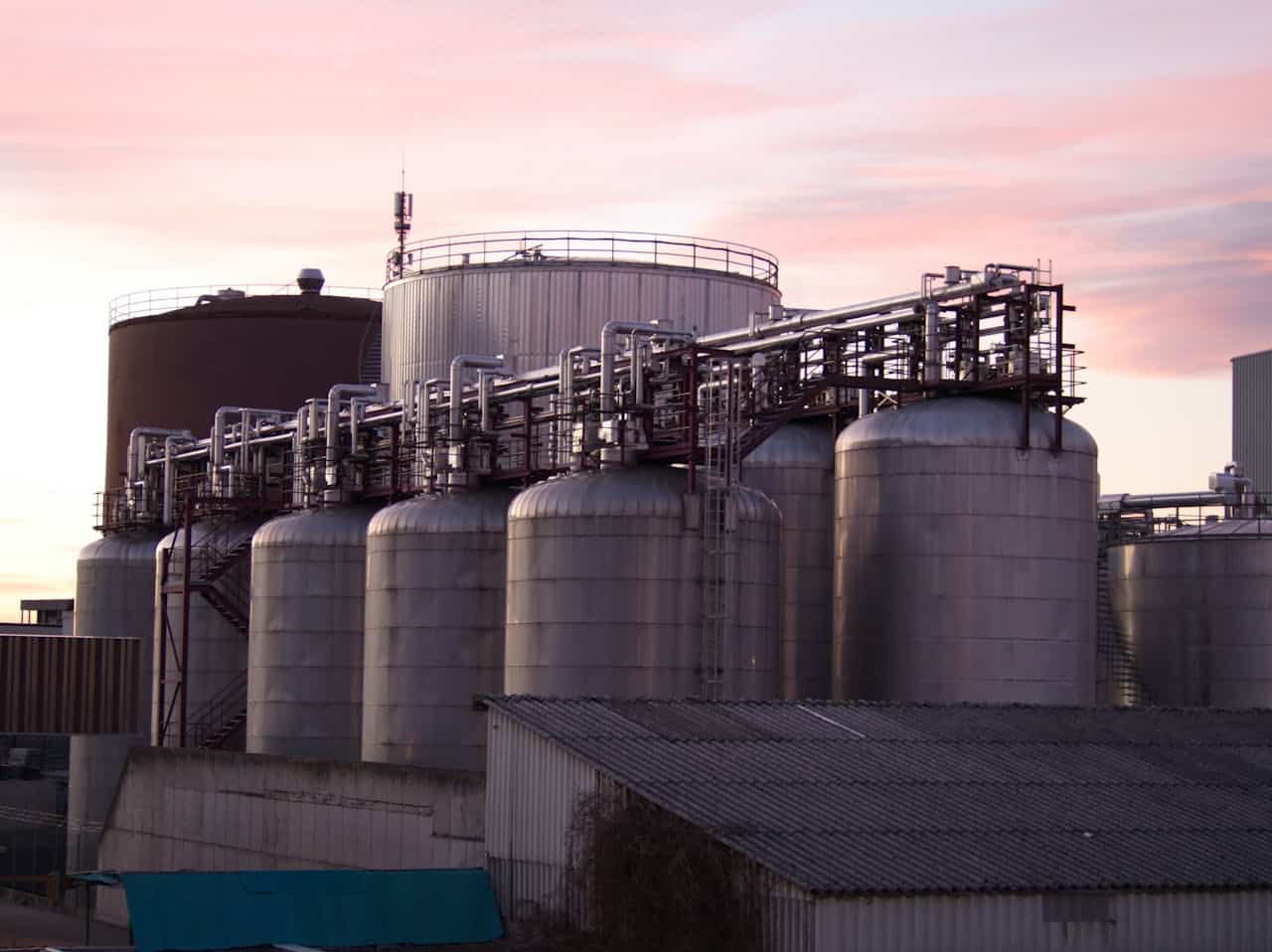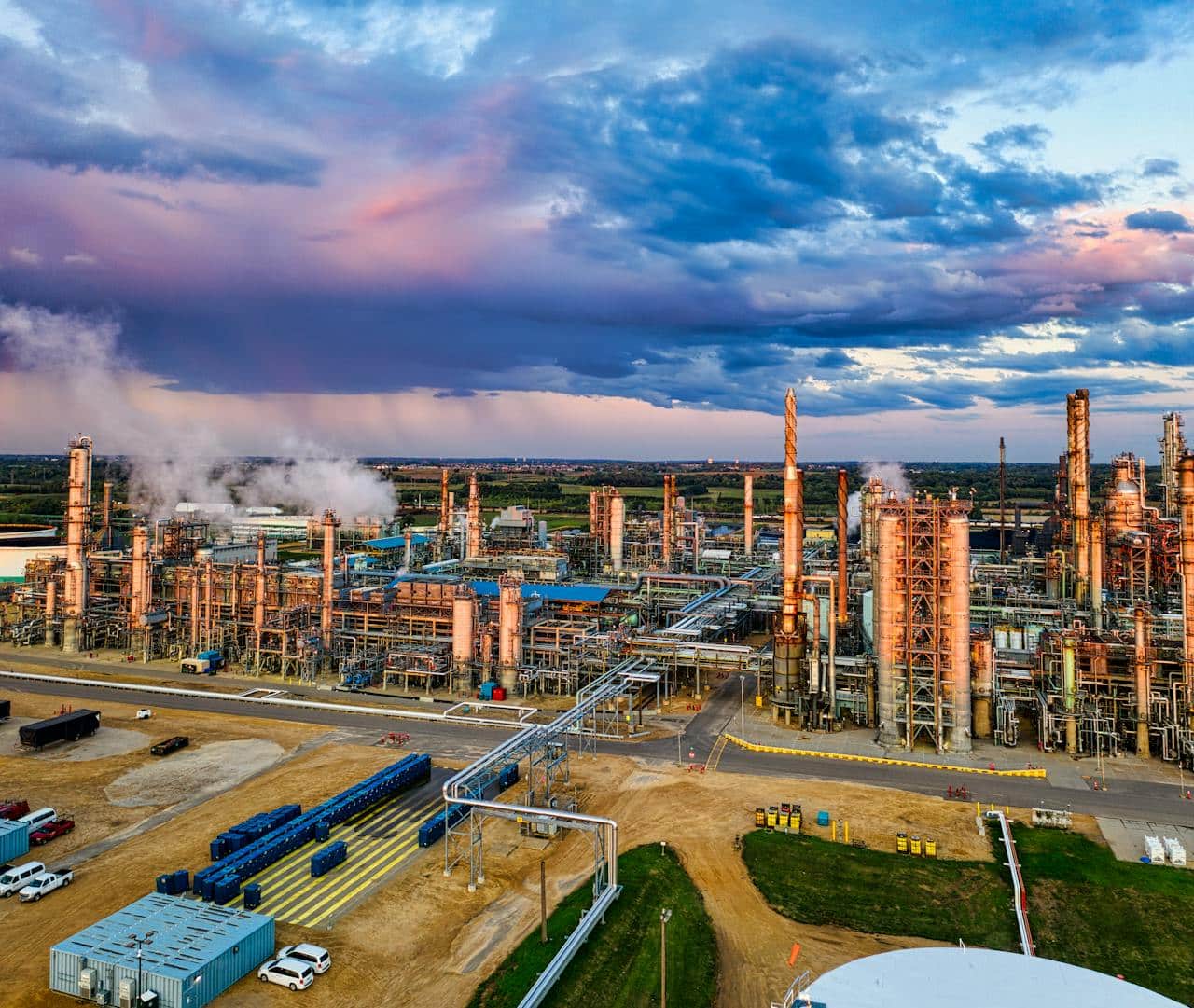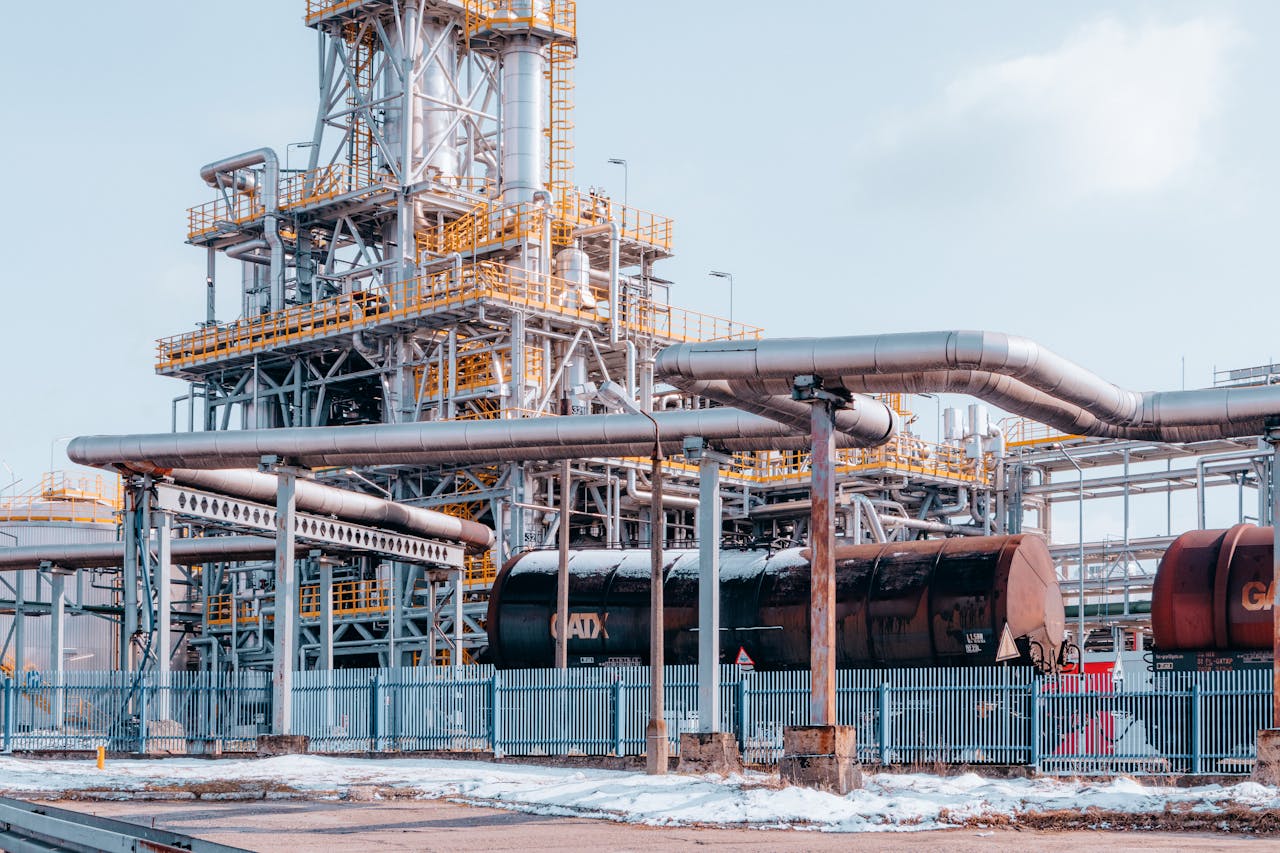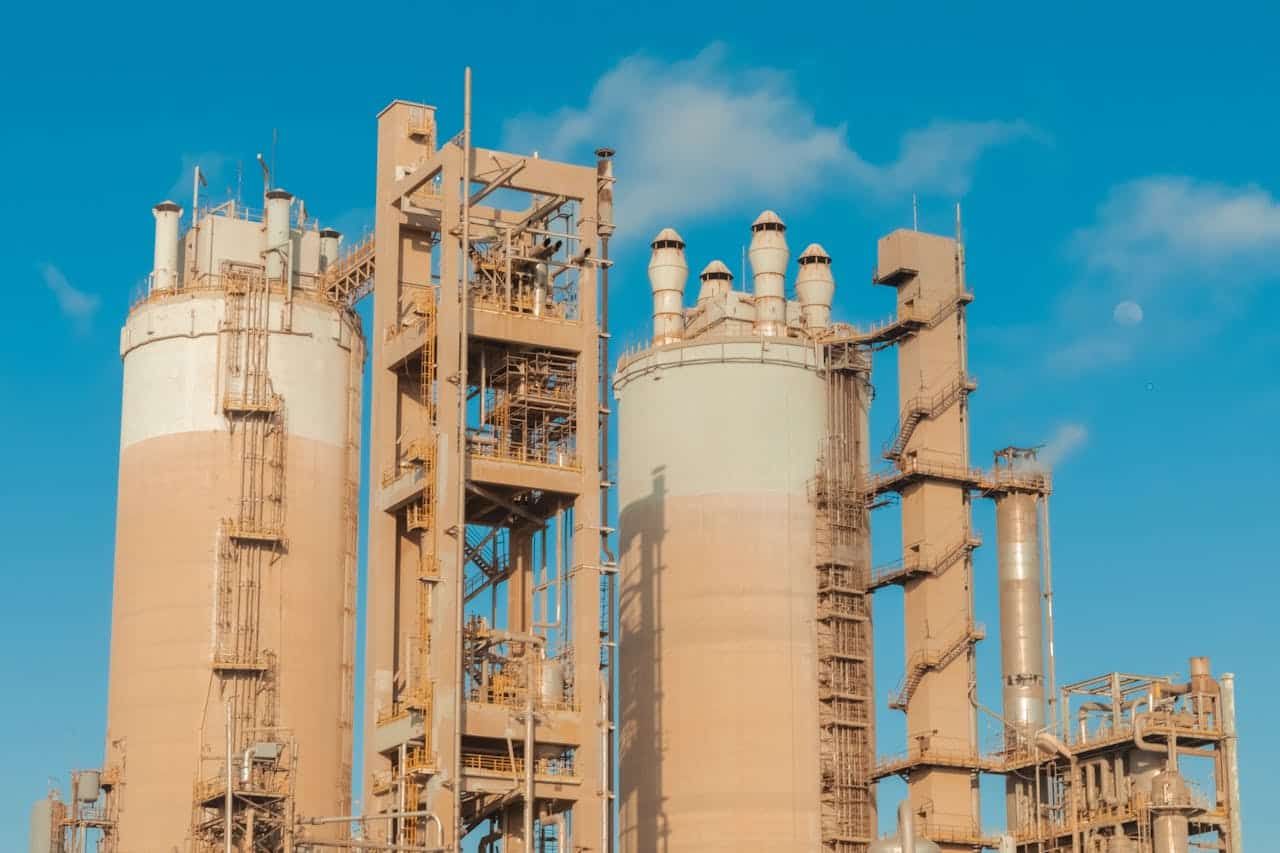Advanced Reservoir Evaluation, Management and Engineering
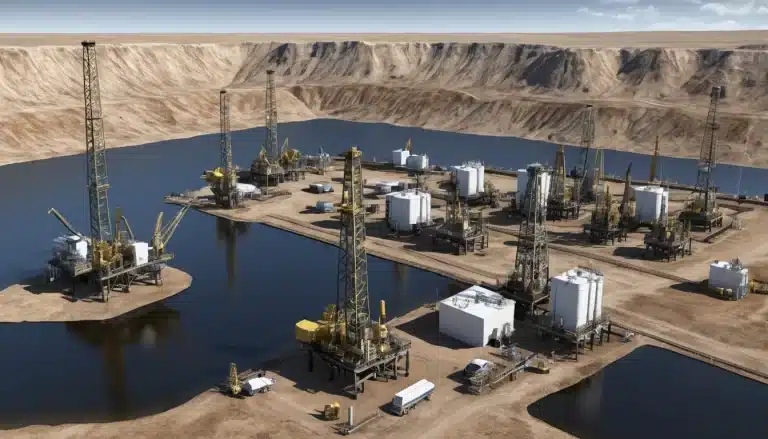
| Date | Format | Duration | Fees (USD) | Register |
|---|---|---|---|---|
| 14 Dec - 18 Dec, 2025 | Live Online | 5 Days | $3785 | Register → |
| Date | Venue | Duration | Fees (USD) | Register |
|---|---|---|---|---|
| 14 Dec - 18 Dec, 2025 | Doha | 10 Days | $11085 | Register → |
Did you know that the global oil and gas data management market size was valued at USD 29.4 billion in 2023 and is projected to reach USD 142.4 billion by 2033, growing at a CAGR of 16.8%? This compelling statistic underscores the critical importance of advanced reservoir evaluation and management in today’s energy sector.
Course Overview
The Advanced Reservoir Evaluation, Management and Engineering course by Alpha Learning Centre is meticulously designed to provide a comprehensive understanding of techniques to enhance hydrocarbon recovery from reservoirs. This course focuses on advanced reservoir characterisation and simulation, production optimisation, and digital reservoir management to ensure organisations can effectively navigate complex reservoir challenges.
Why Select This Training Course?
Selecting this Advanced Reservoir Management Course offers numerous advantages for professionals involved in reservoir engineering and management. Participants will gain advanced knowledge of reservoir characterisation, simulation techniques, and production optimisation strategies. The course provides hands-on experience with industry-leading simulation software and real-time field data analysis, enabling attendees to optimise reservoir performance effectively.
For organisations, investing in this training enhances overall reservoir performance and reduces operational risks. By ensuring that personnel are well-trained in reservoir management protocols, organisations not only protect their assets but also build sustainable practices. Research shows that organisations implementing comprehensive reservoir management systems experience significant improvements in recovery rates and operational efficiency..
Individuals who complete this course will benefit from enhanced career prospects as they become more valuable assets in their respective fields. The skills acquired through this training can lead to professional growth and increased responsibilities within their organisations. Studies indicate that the increasing complexity of exploration and production activities is driving the demand for skilled reservoir management professionals.
Transform your reservoir management capabilities – Register now for this critical advanced training programme.
Who Should Attend?
This course is ideal for:
- Reservoir engineers and managers
- Production optimisation specialists
- Field development engineers
- Simulation engineers
- Asset managers
- Production technologists
- Well performance analysts
- Completion engineers
Course Objectives
Participants will:
- Master advanced reservoir simulation techniques
- Develop expertise in production optimisation
- Enhance skills in reservoir characterisation
- Acquire proficiency in digital reservoir management
- Strengthen economic evaluation capabilities
How Will This Course Be Presented?
The Advanced Reservoir Management Course employs a comprehensive and innovative approach to ensure maximum knowledge retention and skill development. Expert-led instruction from seasoned reservoir engineering professionals forms the core of the course, providing up-to-date insights into reservoir characterisation and practical applications for today’s energy sector.
The course utilises a blend of theoretical lectures and practical applications, allowing participants to apply their knowledge to realistic scenarios. Advanced educational methodologies create a personalised and engaging learning journey through reservoir simulation workshops, digital twin demonstrations, and advanced case study analysis. Hands-on skill development is emphasised through practical reservoir modelling and real-time field data analysis.
Collaborative learning is fostered through integrated reservoir studies and professional feedback sessions, enabling participants to learn from diverse perspectives and experiences.
Join us now and elevate your reservoir management expertise to new heights!
Course Syllabus
Module 1: Advanced Reservoir Characterisation
- Dynamic reservoir property modelling
- Integration of 4D seismic data
- Advanced petrophysical analysis
- Uncertainty quantification methods
- Geostatistical modelling techniques
- Machine learning in property prediction
- Digital rock physics applications
- Fluid characterisation methods
- Reservoir connectivity analysis
- Advanced well testing interpretation
Module 2: Modern Reservoir Simulation
- Next-generation numerical methods
- Cloud-based simulation platforms
- History matching automation
- Uncertainty analysis workflows
- Multi-phase flow modelling
- Fractured reservoir simulation
- Advanced gridding techniques
- Compositional modelling
- GPU-accelerated computing
Module 3: Production Optimisation
- Real-time production monitoring
- Artificial lift optimisation
- Nodal analysis techniques
- Production forecasting methods
- Decline curve analysis
- Well performance evaluation
- Network modelling
Module 4: Enhanced Oil Recovery
- Chemical EOR design
- Thermal recovery methods
- Gas injection optimisation
- Polymer flooding techniques
- Smart water injection
- Microbial EOR applications
- Recovery factor analysis
- Field implementation strategies
Module 5: Digital Reservoir Management
- Digital twin implementation
- Real-time data analytics
- Machine learning applications
- Smart field technologies
- IoT in reservoir monitoring
Module 6: Well Performance Analysis
- Production logging interpretation
- Pressure transient analysis
- Rate transient analysis
- Well-productivity evaluation
- Completion efficiency assessment
- Artificial lift selection
- Well intervention planning
- Production optimisation strategies
- Advanced decline analysis
Module 7: Reservoir Monitoring and Surveillance
- 4D seismic interpretation
- Pressure monitoring systems
- Saturation monitoring techniques
- Production allocation methods
- Reservoir pressure maintenance
- Performance prediction tools
- Real-time monitoring systems
- Data quality control
- Surveillance program design
Module 8: Economic Evaluation and Risk Analysis
- Advanced economic modelling
- Risk assessment techniques
- Decision analysis methods
- Portfolio optimisation
- Investment ranking criteria
- Sensitivity analysis
- Monte Carlo simulation
- Project economics evaluation
- Uncertainty quantification
- Value of information analysis
Module 9: Field Development Planning
- Integrated reservoir studies
- Development strategy optimisation
- Well placement optimisation
- Facility planning integration
- Production forecasting
- Recovery mechanism analysis
- Economic evaluation methods
- Risk assessment frameworks
- Environmental considerations
Module 10: Advanced Well Technology
- Smart well completion design
- Intelligent well systems
- Flow control optimisation
- Downhole monitoring tools
- Well integrity management
- Production logging tools
- Advanced completion methods
- Real-time well monitoring
Module 11: Unconventional Reservoir Management
- Shale reservoir characterisation
- Hydraulic fracture optimisation
- Production analysis methods
- Decline curve analysis
- Pressure transient interpretation
- Well spacing optimisation
- Completion design optimisation
- Production forecasting
- Economic evaluation
- Risk assessment
- Development strategy planning
Module 12: Sustainable Reservoir Management
- Carbon capture and storage
- Environmental impact assessment
- Water management strategies
- Energy efficiency optimisation
- Emissions monitoring
- Sustainable practices
- Green technology integration
- Risk mitigation approaches
Module 13: Advanced Data Analytics and Machine Learning
- Deep learning for reservoir prediction
- Neural network applications
- Pattern recognition in production data
- Automated anomaly detection
- Predictive analytics implementation
- Big data architecture design
- Real-time optimisation algorithms
- Advanced visualisation techniques
- Data-driven decision making
- Integration with existing workflows
Module 14: Modern Well Testing and Pressure Analysis
- Deconvolution techniques
- Multi-well interference testing
- Horizontal well test analysis
- Fractured reservoir testing
- Pressure derivative analysis
- Rate-transient analysis methods
- Numerical well test interpretation
- Advanced diagnostic plots
- Real-time well test monitoring
- Test design optimisation
Module 15: Asset Management and Portfolio Optimization
- Life cycle management strategies
- Portfolio balancing techniques
- Asset performance metrics
- Investment optimisation methods
- Risk-weighted decision making
- Resource allocation strategies
- Performance benchmarking
- Value chain optimisation
- Integrated asset modeling
- Economic indicator analysis
- Strategic planning frameworks
Training Impact
The impact of advanced reservoir evaluation and management training is evident through various real-world case studies and data, which demonstrate the effectiveness of structured programmes in enhancing reservoir performance and operational efficiency.
Research indicates that organisations implementing structured reservoir management programmes have demonstrated measurable benefits in both cost reduction and operational efficiency. The oil and gas data management market, which underpins effective reservoir management, is projected to reach USD 142.4 billion by 2033, growing at a CAGR of 16.8%.
These case studies highlight the tangible benefits of implementing advanced reservoir evaluation techniques:
- Improved recovery rates in challenging reservoir environments
- Enhanced production optimisation through real-time monitoring and analytics
- Increased operational efficiency and cost-effectiveness
- Reduced incidents of production decline through better reservoir characterisation
By investing in this advanced training, organisations can expect to see:
- A significant improvement in reservoir performance and hydrocarbon recovery
- Improved ability to handle complex reservoir conditions
- Enhanced decision-making capabilities in reservoir management projects
- Increased competitiveness through comprehensive reservoir characterisation and digital management techniques
Advance your knowledge in reservoir management – enroll in our course now!

